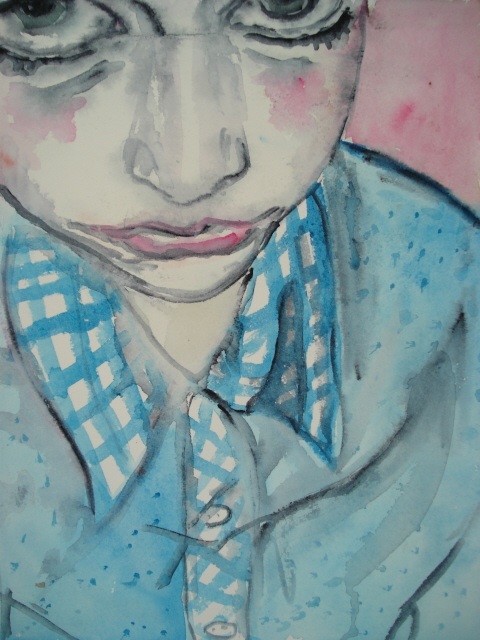
A nameless narrator tells us about three separate events that occurred in her life; The Penitent, The Negro Lover and The Way Out.
She grew up in a house with everything except a mother or sisters and her distinct disadvantage began with having her mother die when she was only eighteen-months old. Her father, three brothers and paternal grandparents blame her for her mother's death. Her childhood is filled with made up memories of her mother and seeking acceptance from her alcoholic father, who doesn't ever call her anything but "You" and is often startled that she exists at all.
As a scholarship student, she is smarter than most (she will eventually graduate as valedictorian), but lacks social skills, emotional maturity and financial security of most students.She joins a sorority (the coolest one) only to find out how unlike she is to all these women, who are the very embodiment of the American beauty with the rich parents to go with it. But these are things she is only vaguely aware of as she obsessively attempts to experience life the way she thinks it should be, yet her experience always come up short. With the sorority she believes that she will not feel so alone but aggravates this aloneness instead, more than cures it. It also continues the pattern for how our narrator sees herself in the world.
Mrs. Thayer is the British-born sorority housemother, another person who refuses to know her real name, instead calling her "Mary Alice;" and, she is yet another person of whom our narrator seeks unrequited acceptance. And in a pattern that began with her mother, it is another person she believes that she destroyed so that she herself could live. It dawned on me, how important this statement is because if you substitute Mrs. Thayer with the name of her father's name, or even her mother's, this sentence always works. This is the parallel that exists for each of the separate incidents, a sense that the narrator's life only exists at the expense of destroying others. A lesson embedded in her from early childhood.
She has her first intimate relationship with an African American philosophy student named Verner Matheius who is ten years older than her. She loves him, even though he is a Negro.... In the end it does not work out.
Then, two years later she drives her Volkswagen bug from Vermont to Colorado to see her dying father (whom she believed was already dead) but when she gets there, she is not allowed to look at him. The new wife translates all he wants to say, he is so sick at this point he can hardly speak.
This event is the last, her father dies and she makes sure he gets buried besides her mother. She feels she grew up finally. She finally takes responsibiltiy for her actions and lets herself stand for her own opinions.
Our narrator, Joyce Carol Oates brings out the madness and strengths of an intellectual female at a time when women still went to college expressly to hook a good husband. It is no wonder that our narrator turns to studying philosophy to try to understand the meaning of life.As the more mature narrator she says, "to study the human mind up close, to probe into one's own mind, one's own motives, is to be baffled utterly."
I HIGHLY recommend this book. As Always Miss Oates Baffles Me. As Always she makes me cry and laugh within one single chapter. She teaches me about human life/living and differences between us all but too the similarities between us all.
To shop HERE!!!
xxx
alice






No comments:
Post a Comment